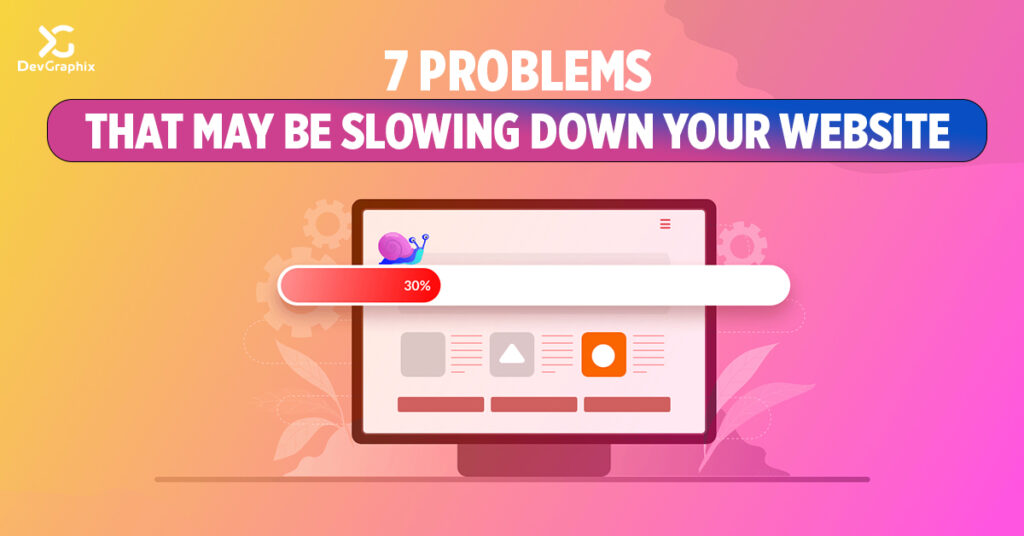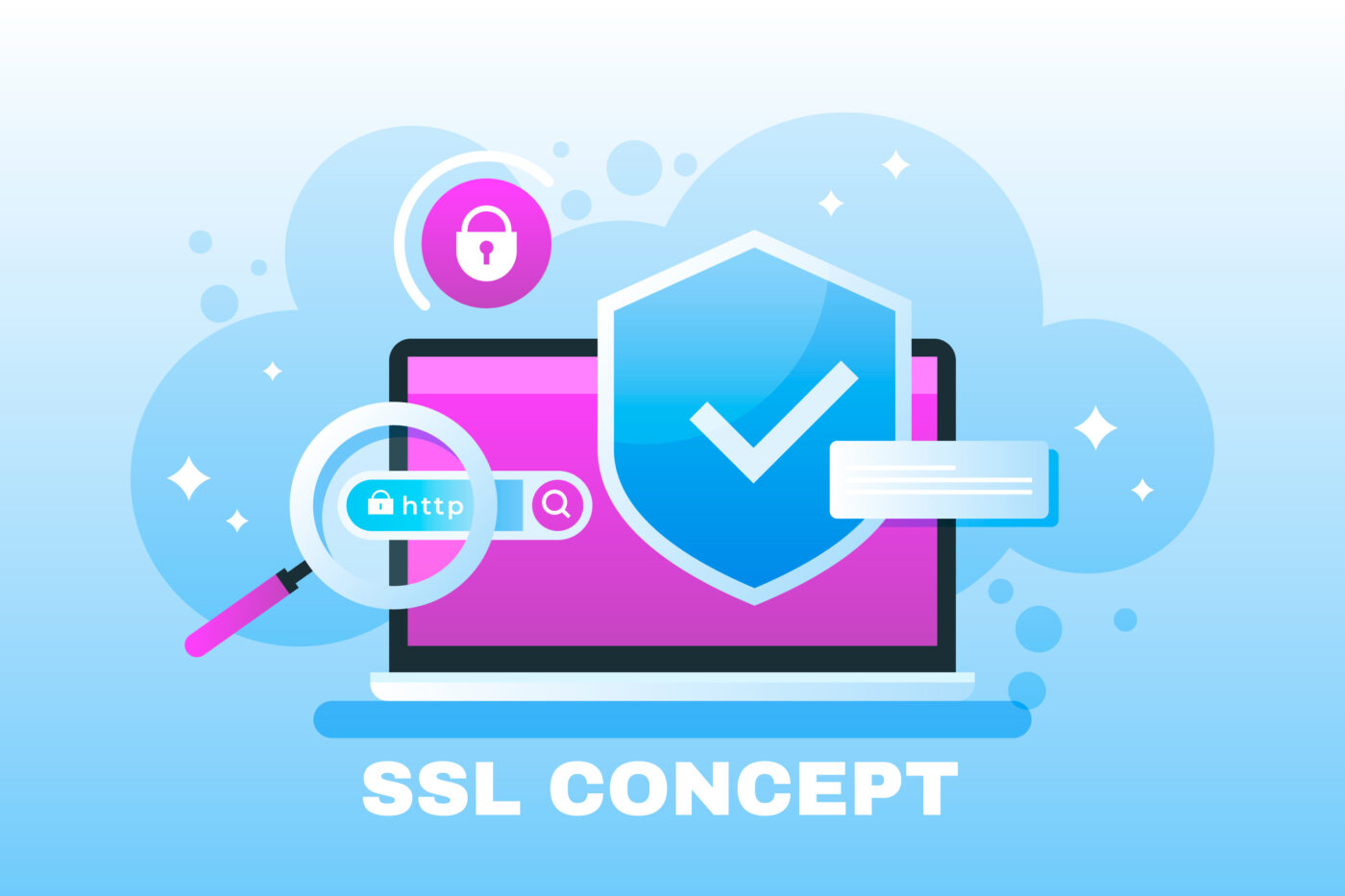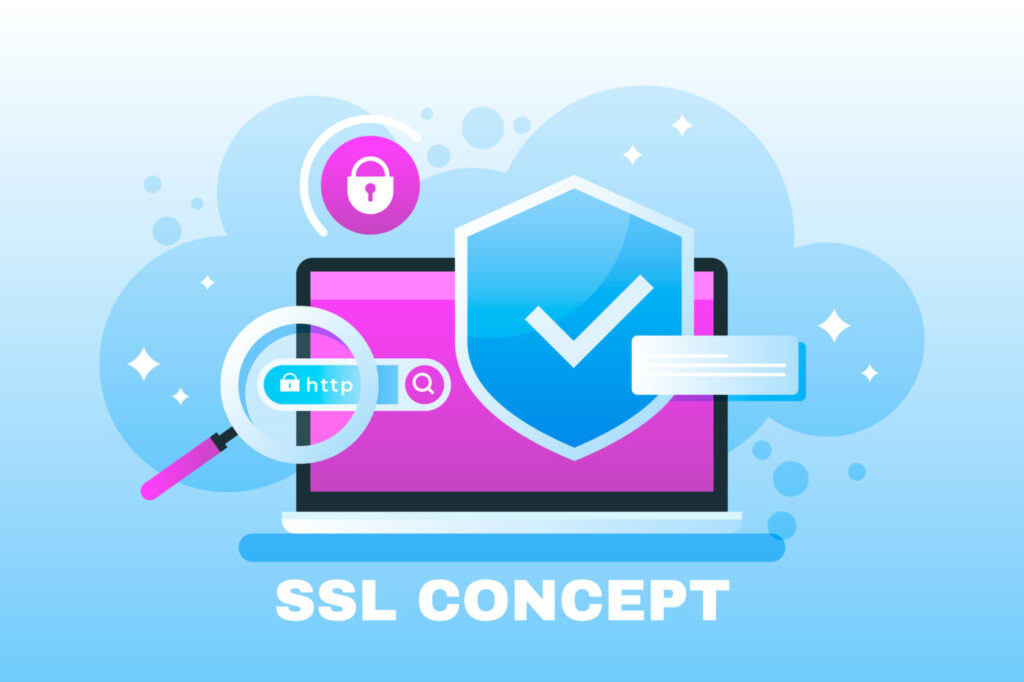Robert set up an online store for medicines. He created a WordPress store and started optimizing the WordPress website through all possible means. Although he gained fruitful results in terms of traffic, however, most of his traffic tended to bounce back.
Are you noticing a similar situation on your website?
If yes, your website’s speed may be one of the contributing reasons that your WordPress website is not getting enough traffic!
Even after having a foolproof SEO strategy, and generating leads through paid campaigns, you may not get effective results if your website is too slow.
Thus, today we’ve spotted seven problems because of which your WordPress website may be running slow. We’ve also tried to assert solutions to the problems.
7 Reasons That Are Making Your WordPress Website Run Slow
A slow website can lead the traffic to think that the link is broken. Well not anymore! Look out for the below-mentioned problems if you experience your website running slow.
Problem 1: You Are Using Non-Optimised Images
Using uncompressed images on your WordPress website can be one of the major reasons behind a slowed-down website. Suppose the template on your WordPress website is set for images of 400*400 pixels however you have uploaded the images in 800*800 pixels.
In such a case, the WordPress website will first take time to download the image and then will automatically compress the image into 400*400 pixels. Meanwhile, your user will only be able to visualize confusing texts and blank templates.
Solution 1:
What you can do is, try to upload the images according to the dimensions of the page
You can also try to defer images which is also known as Lazy loading. Defer Loading is a method that can be set with an HTML attribute. Once you set up your WordPress website to defer loading, the images on the page will slowly open when the user reaches the website. Thus, the page will load more quickly.
Problem 2: You Are Not Using a Caching Plugin
One major reason why your website is running slow can be not using a cache plugin. A cache plugin is a plugin that helps to return visitors to access the page faster. The plugin simply eliminates the unnecessary steps after the user has once visited the page dynamically.
Solution 2:
A free WordPress plugin known as WP Super Cache is the Cache plugin that you should already start using if you are not using one yet.
Problem 3: You Are Not Using a Content Delivery Network or CDN
The location of your web servers can affect the speed of your website across different regions.
Suppose your web server is based in India, and a user in the United Kingdom is surfing through your website. In such a case, a website without a content delivery network may slow down and take time to load for the audience in the United Kingdom.
Solution 3:
To avoid such a problem and to optimize the load time of your website throughout the globe, you should use a CDN on your website.
Problem 4: You Are Running Too Many Processes At The Back-end
Running too many processes such as backing up data, installing plugins, or uploading content on a website at the back end can reduce the website’s speed at the front. Suppose you are backing up your WordPress website’s data which requires downloading files in the storage, in such a case, a user on the website may face difficulty in loading the page.
Solution 4:
To make sure that the website doesn’t slow down while you have actively visiting traffic, try to back up the data at low traffic hours. To know what is the low traffic hours you can simply analyze your traffic stats and then take the decision.
Problem 5: You Are Not Using GZIP
If you do not enable GZIP, people in remote areas may find it difficult to load your website due to bandwidth limitations.
Solution 5:
To rectify this reason for a slowed-down website, you can simply enable GZIP. GZIP is a plugin that compresses files on your page up to 90% thus making it easier to download for people in remote areas.
Problem 6: You Are Accessing Too Many Requests
A web page with too many HTTP requests may take time to load. The number of HTTP requests increases when you increase the complexity of the design of the page. A web page with more than 50 HTTP requests may result in a slower webpage.
Solution 6:
Try to reduce the complexity of the page by simplifying the design. Combine the external CSS files and Javascript resources into a stylesheet. You can also use chrome’s Dev tools and check the number of requests being sent for a plugin. Note that, the number of HTTP requests equal to or less than 25 can decrease the website’s load time.
Problem 7: You Haven’t Optimised Your Code
Although your developers may add indentations in codes to make it readable for themselves, for the browser it is just the data to be downloaded. Thus, a higher number of characters on the backend may decrease the speed of your webpage.
Solution 7:
You can add plugins that can minimize the unoptimized codes on the webpage or, you can take the help of a WordPress expert to optimize the code for you.
Summing It Up
If you are facing a higher load time on your website, one of the above-mentioned reasons can be the problem. If you find your website’s speed stuck due to any of the seven reasons, the solutions mentioned can be of help.
If the problem in your website still persists, then the WordPress Developers and WordPress experts at Devgraphix are here to help!
Give us a call now!











